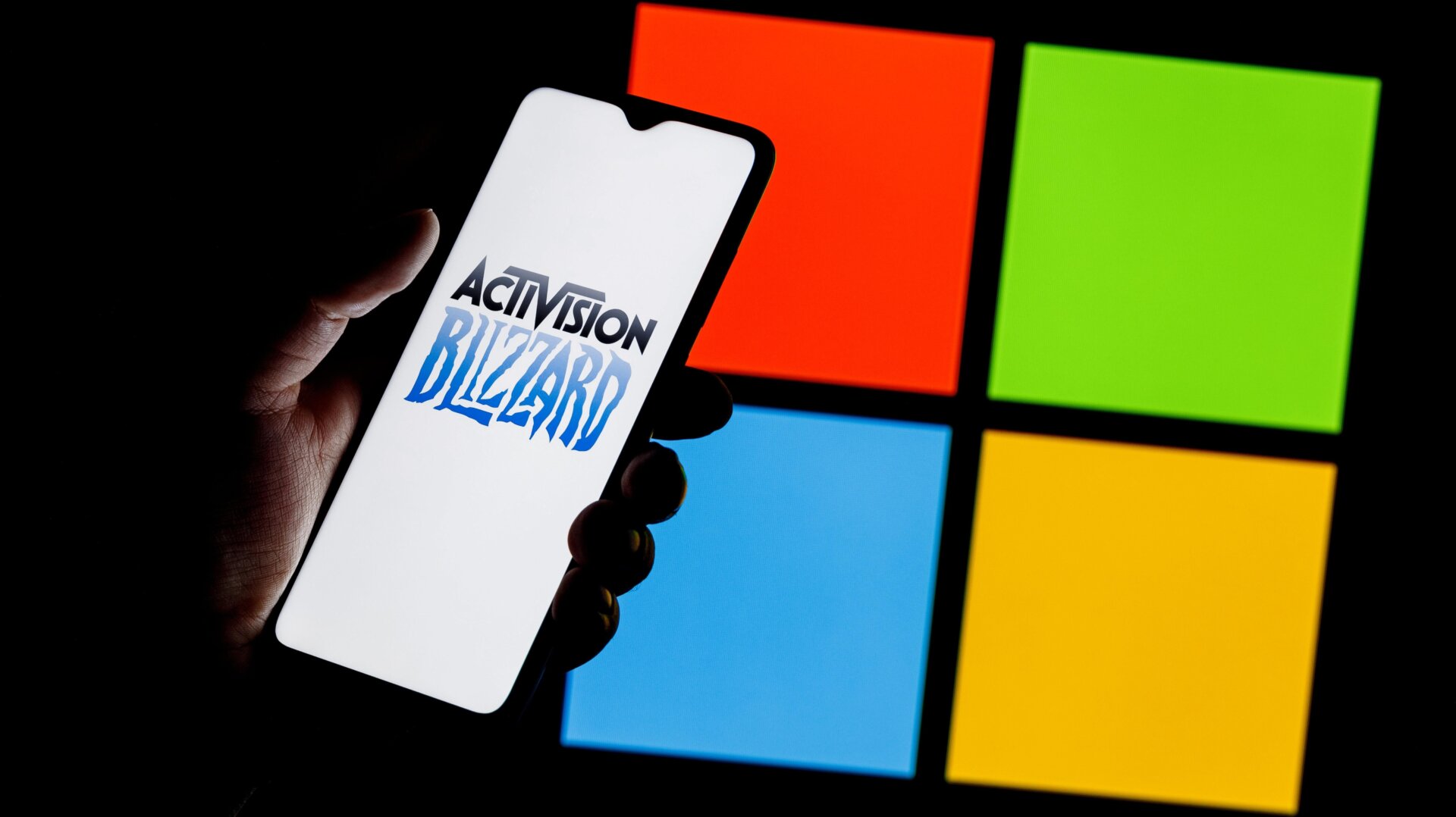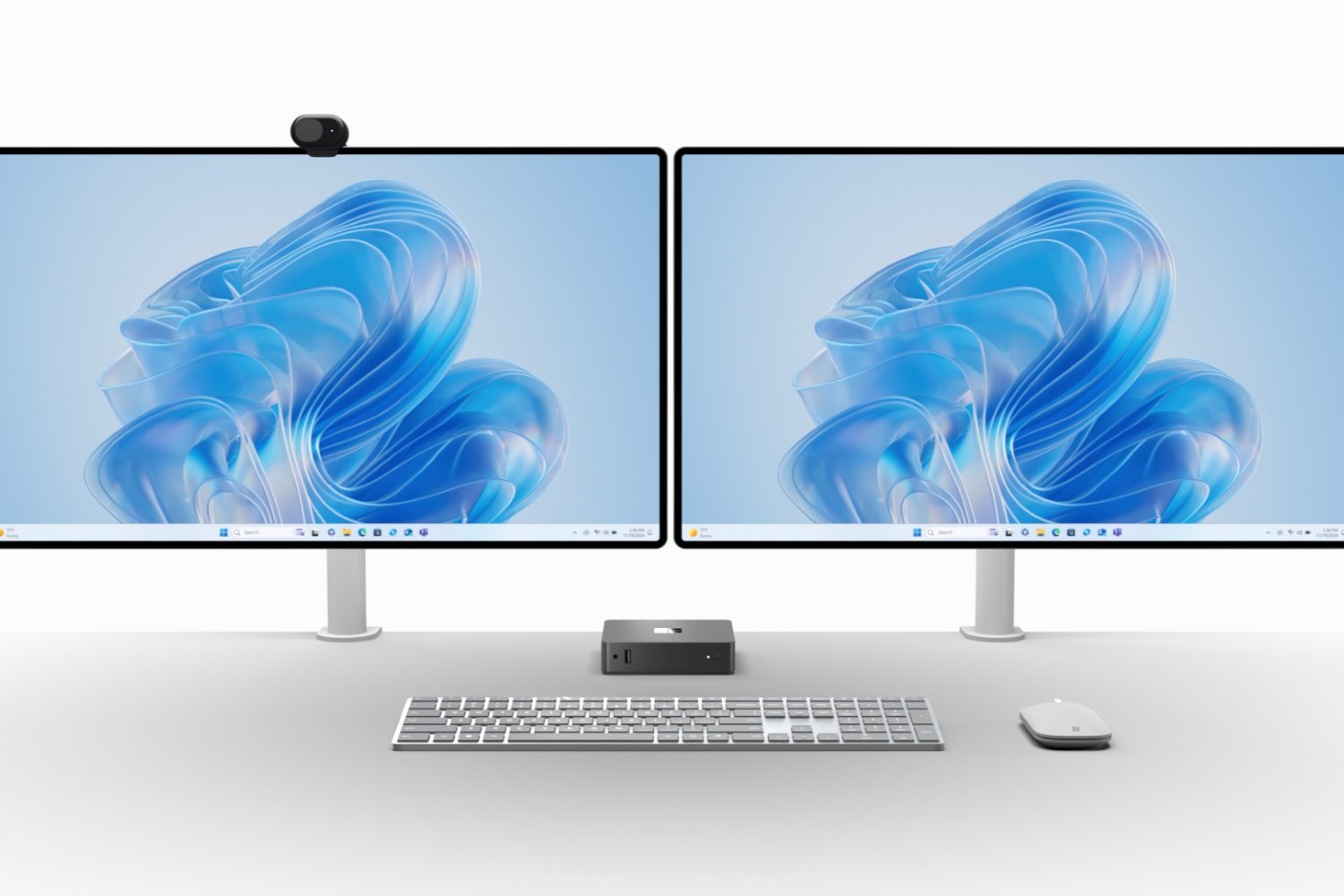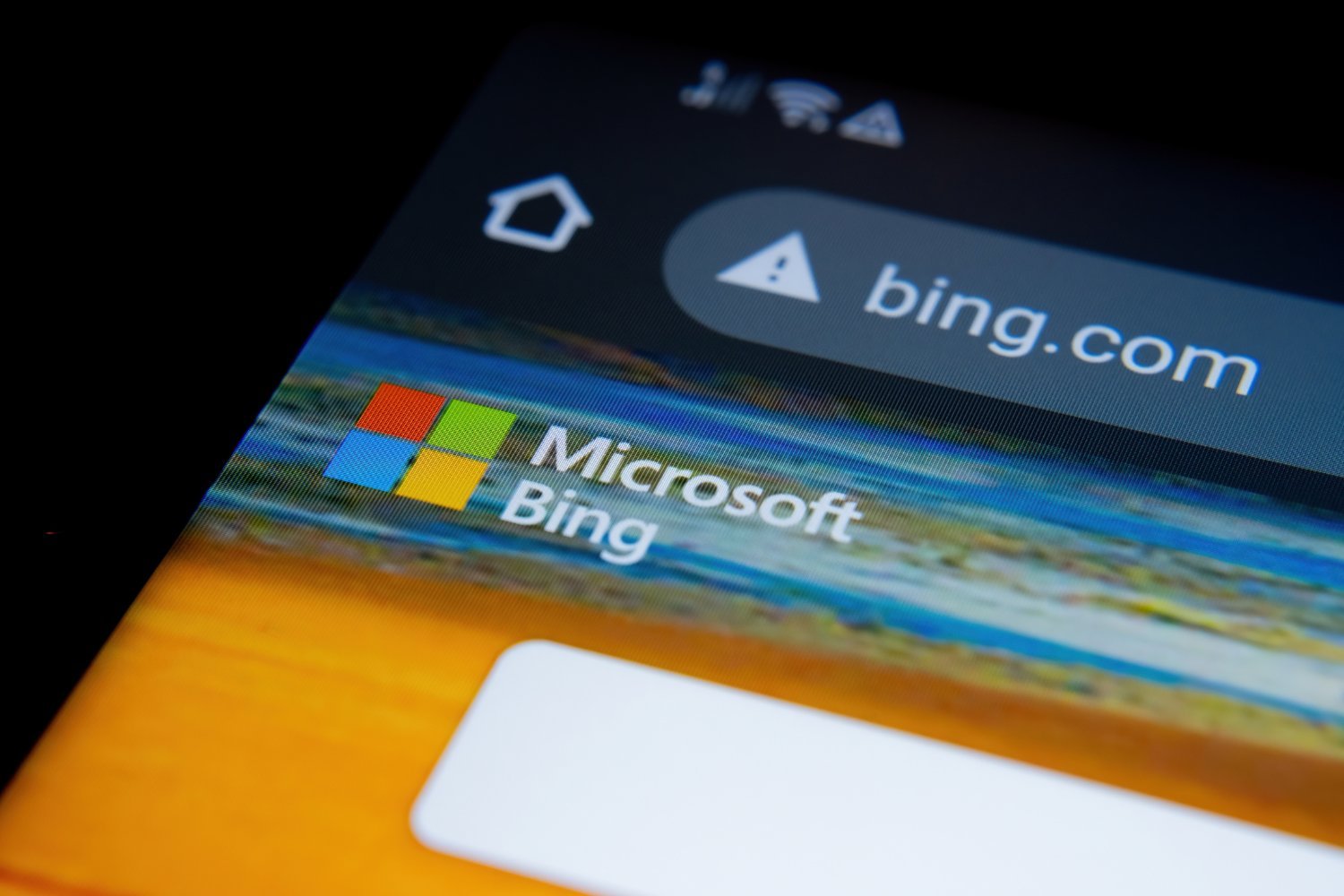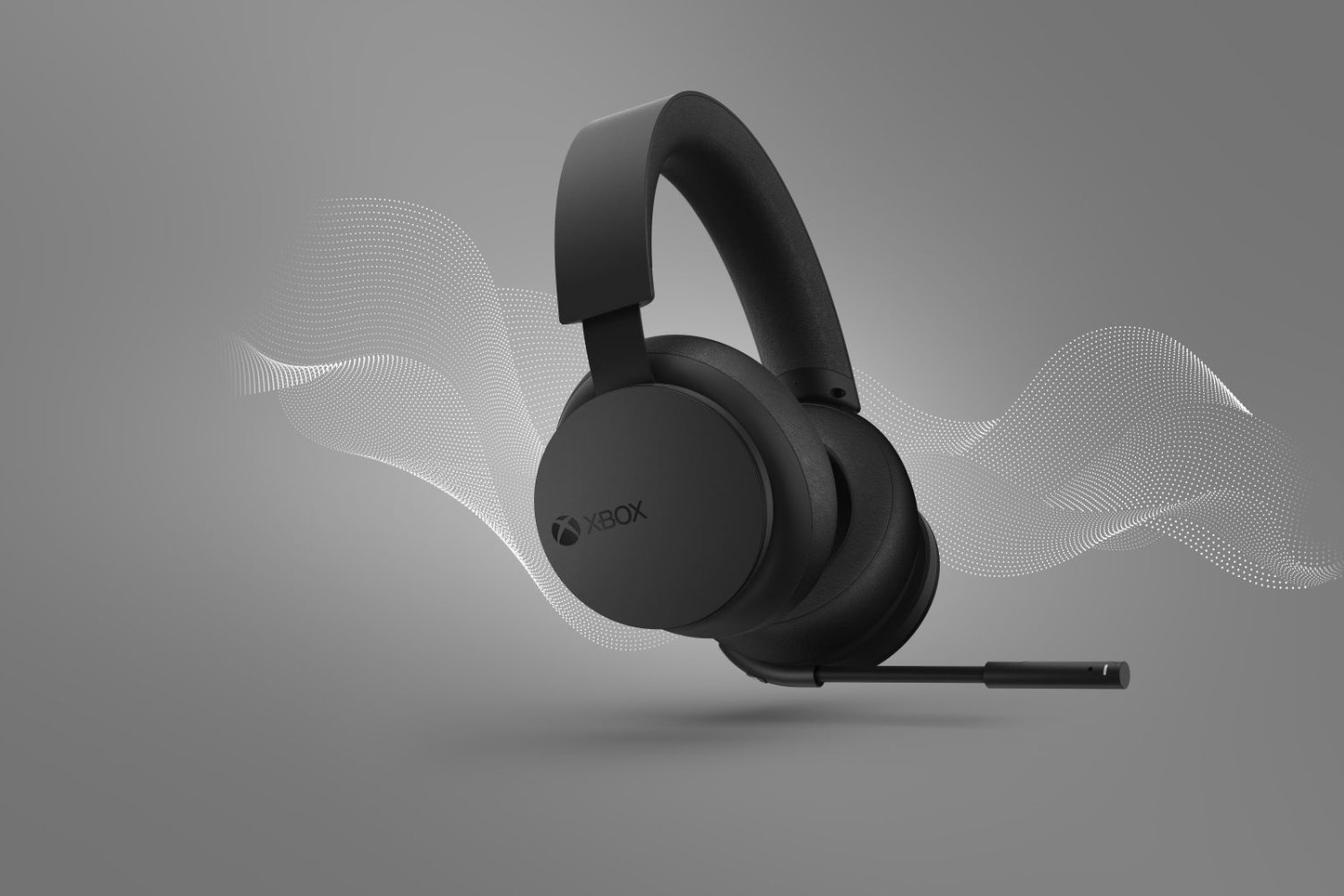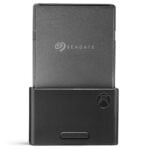Amidst a massive $69 billion dollar deal by Microsoft to purchase Activision—the largest deal in video game history—the tech giant has faced a good bit of turbulence. After UK regulators initially blocked the acquisition last spring, Microsoft scrambled to tweak the agreement and it’s now received preliminary approval.
The UK’s Competition and Markets Authority said today in a press release that a new proposal from Microsoft has cleared the regulatory group for approval. The regulator said that Microsoft submitted a “restructured transaction” in August for the deal. Under the revision, Microsoft will forfeit the purchase of cloud gaming rights held by Activision, which will instead be purchased by Ubisoft. While UK authorities say that they still have “limited residual concerns” about the fine print, this should bring the year-and-a-half-long saga between Microsoft and the Competition and Markets Authority to an end.
“This is a new and substantially different deal, which keeps the cloud distribution of these important games in the hands of a strong independent supplier, Ubisoft, rather than under the control of Microsoft,” said Colin Raftery, senior director of mergers at the Competition and Markets Authority, said in the organization’s press release.
In April, the CMA tensed up at the thought of Microsoft scooping up video game publisher Activision in the behemoth of an acquisition. The regulator originally felt that the deal would siphon too much competition away from the video game industry in the country, specifically in the cloud gaming sector. Around the same time, the EU surprised us with a frictionless approval of the deal, but with the caveat that Microsoft needs to be on its best behavior and allow other companies to compete in the cloud gaming services.
Across the pond, things have been chaotic. The FTC was previously scrutinizing the Microsoft/Activision merger over antitrust concerns. The commission pointed to Microsoft’s previous acquisition of ZeniMax Media—the parent company of game studio Bethesda Softworks—in 2021 for $7.5 billion, which saw Bethesda set several high-profile game titles, including Starfield and Redfall, as Xbox exclusives. The FTC originally sued to block the sale of Activision over the summer. As the bureaucracy raged on, a watchdog group known as The Revolving Door Project demanded that the judge responsible for determining the outcome of the sale recuse herself after it was discovered that her son worked for Microsoft. Nevertheless, the deal ultimately closed in the U.S. despite the FTC’s concerns in the U.S.
